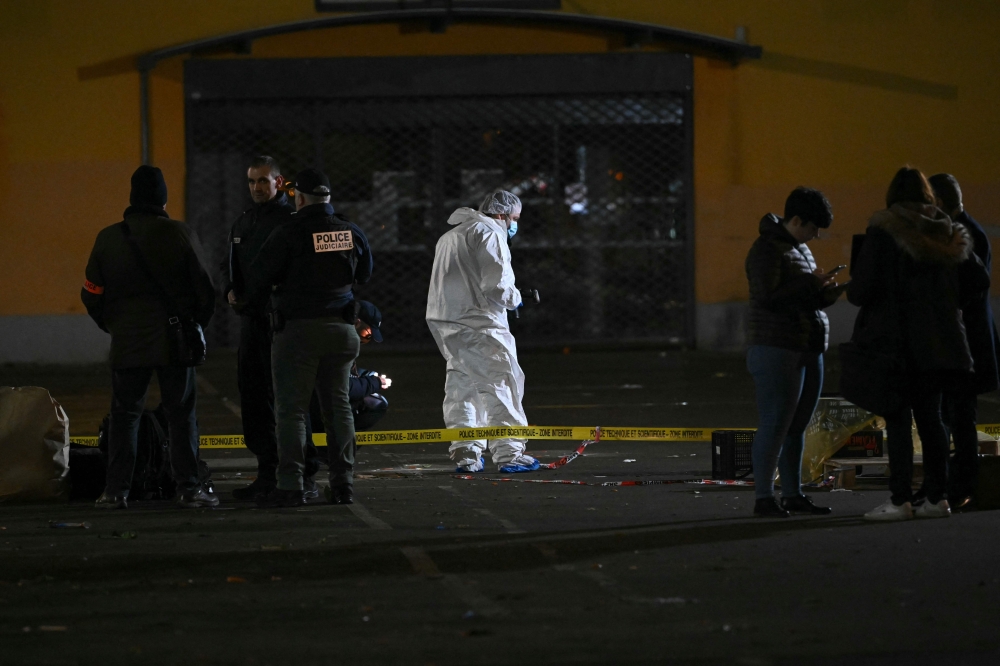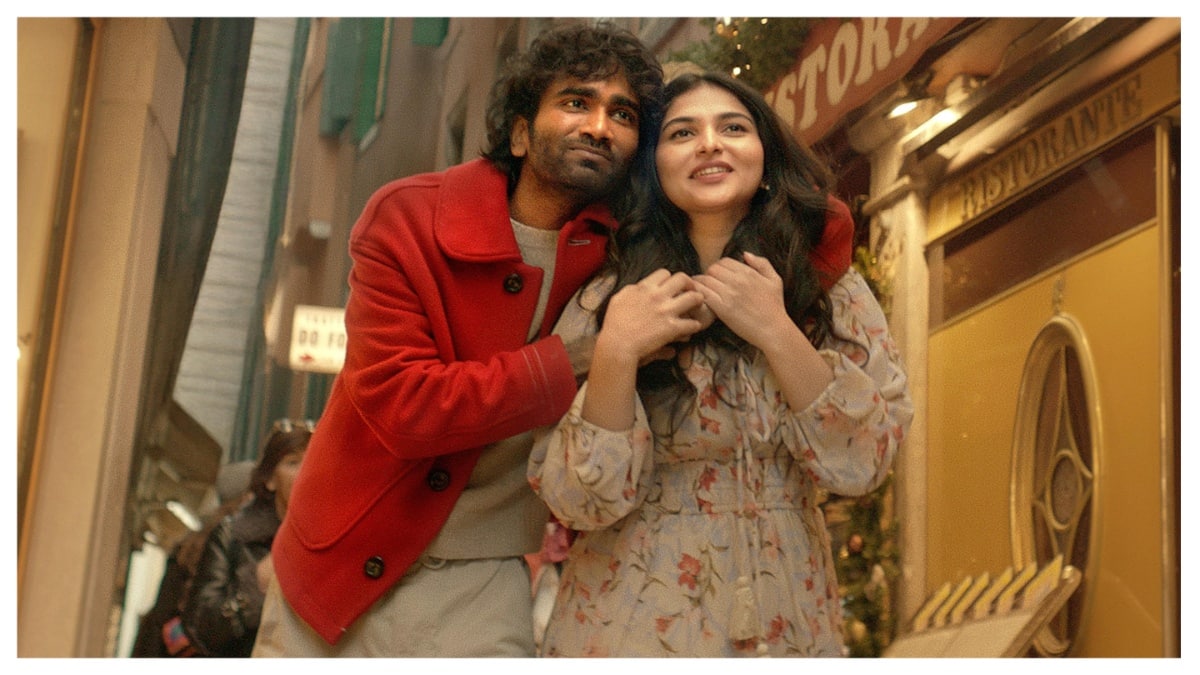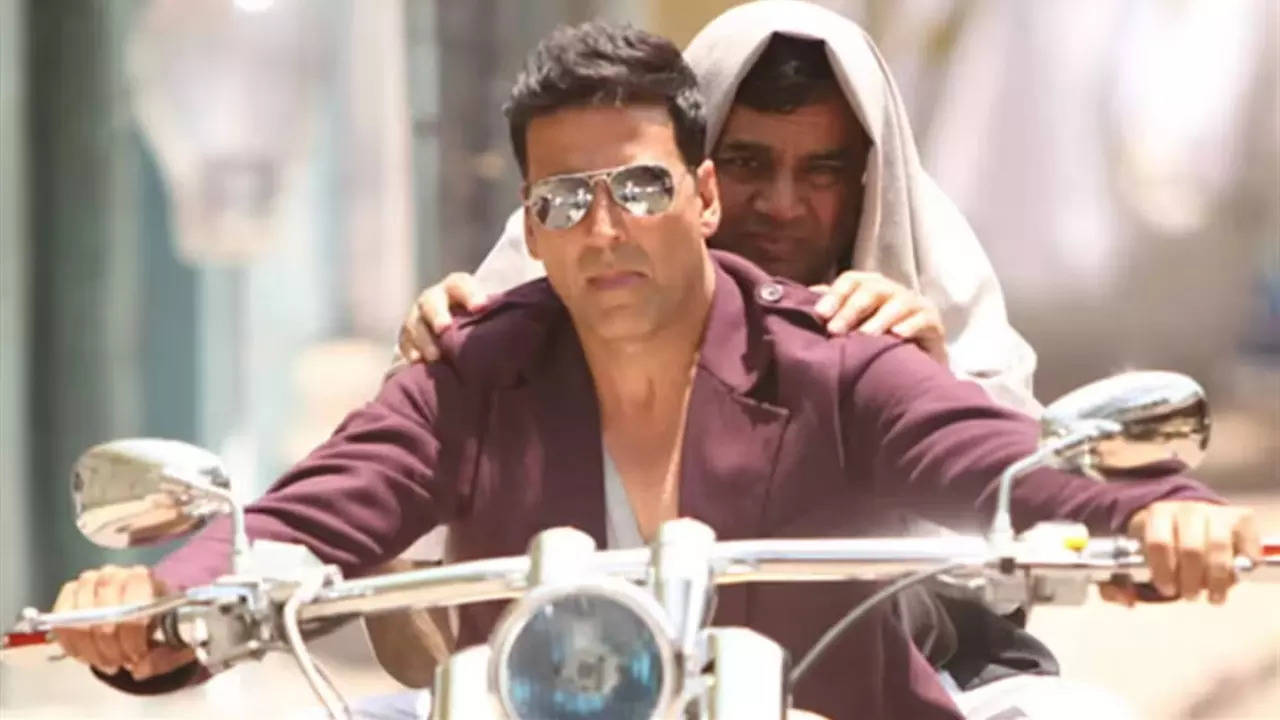
National Payments Corporation of India (NPCI) managing director and chief executive officer Dilip Asbe has called for incentives to encourage people who are not digitally savvy to embrace the Unified Payment Interface (UPI). “If you want to bring in the 300-400 million people who are not really digital savvy onto the digital platform, there has to be some incentivisation,” Asbe said at the Bharat Fintech Summit 2025 on February 5. NPCI owns and operates the real-time payment system.
Asbe also supported the zero Merchant Discount Rate (MDR). “There has to be an economic incentive for the ecosystem to invest and grow,” the NPCI boss said. In Budget 2025, the government lowered incentives for promoting RuPay debit cards and low-value UPI transactions (up to Rs 2,000), allocating Rs 437 crore for the next fiscal year against Rs 2,000 crore in the previous year.

To push digital payments, the government has made low-value UPI and RuPay debit card payments at zero cost. Transactions above Rs 2,000 continue to attract an MDR or merchant discount rate of above 1 percent. The scheme was introduced in 2023 to incentivise banks, other payment system operators and app providers to process such transactions.
Typically, stakeholders, including the payer’s bank, beneficiary’s bank and UPI app provider, and NPCI incur a cost of nearly 0.25 percent of the transaction value for processing a UPI P2M (Peer-to-Merchant) transaction. Asbe said that payment systems have a core issue of resilience and scalability and institutions should invest in technology to ensure that scale and best service to citizens.
In December, the value of transactions through UPI stood at Rs 23.24 lakh against Rs 4.16 lakh crore in the same month in 2020.
As of December 2024, 16,730.01 million transactions had been done through UPI against 2,234.16 million in December 2020.
The real-time payments system is now live in seven—the UAE, Singapore, Bhutan, Nepal, Sri Lanka, France, and Mauritius..















